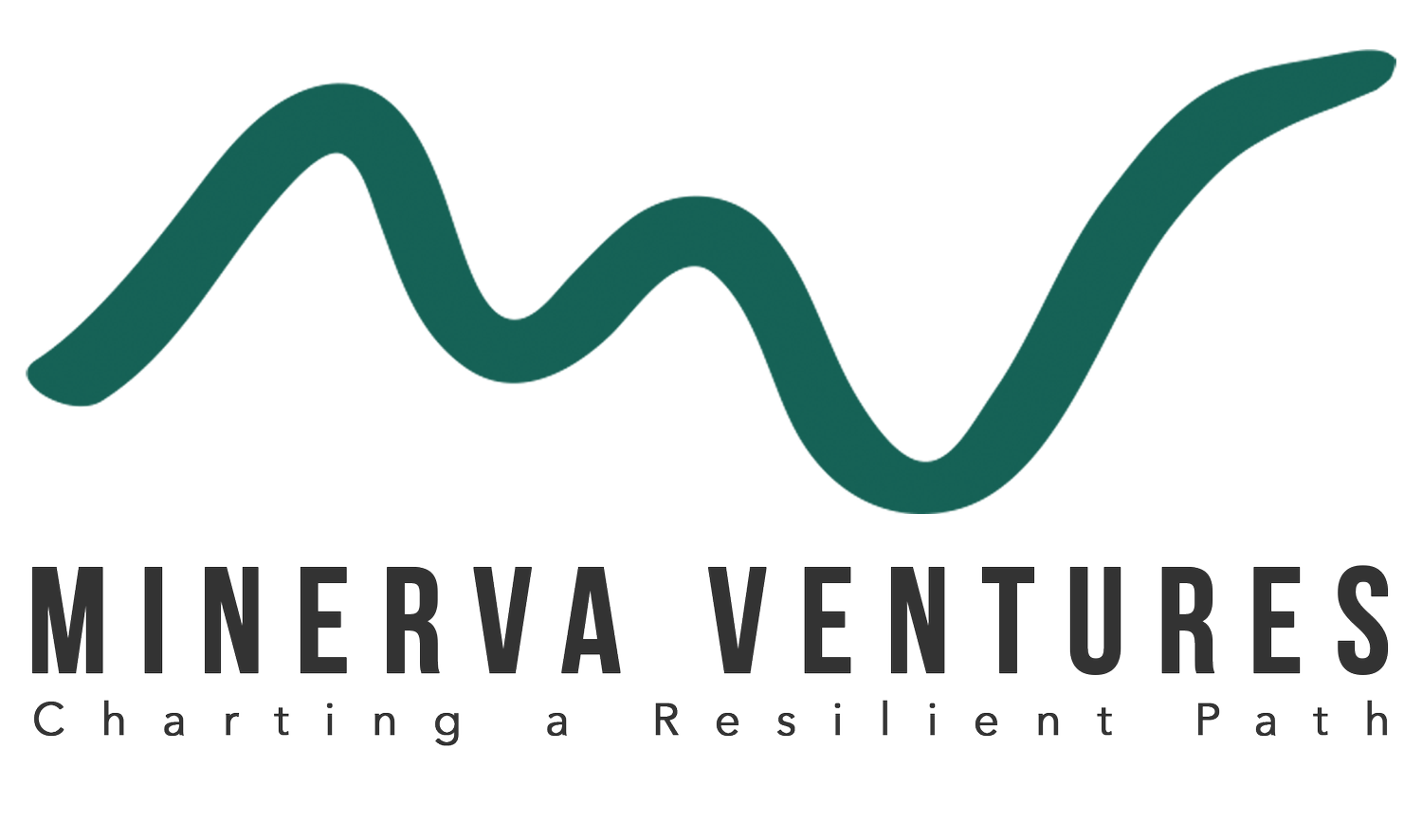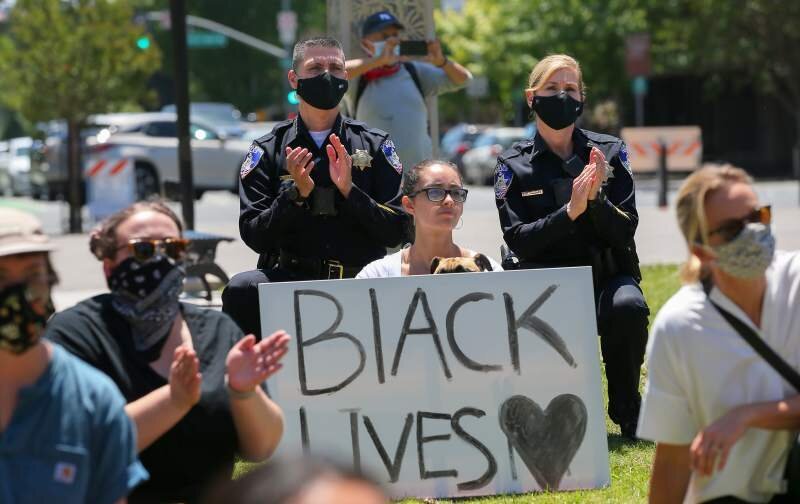Black Lives Matter and Climate Change
BLACK LIVES MATTER AND CLIMATE CHANGE:
EXTRACTION AND EXPLOITATION VS REGENERATION AND RECIPROCITY
The anguish that is gripping our society after the horrific murder by police of George Floyd, Breonna Taylor and so many other black and brown people reveals a rising tide of anger, frustration and despair that people of color have been experiencing since our society’s original sin of slavery and the generations of racist oppression that have followed. At last, people of all colors are rising up in solidarity to say “no more!” Platitudes about diversity and inclusion are being reexamined, and many are looking deeper into our unconscious biases and assumptions.
As a liberal white woman, I endeavor to be a good ally and to notice and overcome my own racist thought patterns. I don’t want to be complicit with systemic racism, but most of the time I am blind to the privilege of being white. The few times I have been stopped by a police officer for a traffic violation, the officer has been polite and even deferential. I see the police as a resource there to serve me and my community. I have never feared for my life or for the lives of my children, that a routine encounter with law enforcement could result in a beating, imprisonment, deportation or death. If I were arrested, a police officer would never force me to the ground or put his knee on my neck to restrain me.
There are many other dimensions of privilege that I experience every day. I am used to receiving excellent health care, my doctors take my pain seriously. Thankfully, I do not live near toxic industries and I have access to healthy, fresh foods. I am never followed in a store. No one crosses the street and clutches their purse or rolls up their car window when they see me walking towards them.
This fight is not new! Selma to Montgomery Alabama 1965 Photo credit: Peter Pettus / Library of Congress
The systematic discrimination and exploitation experienced by many black and brown people in our country is a manifestation of the culture of exploitation and extraction around which our economy and society are organized. The underlying premise that the earth and her resources are here to serve us, that they are there for our exploitation is the root cause of the destruction of our climate, our soils, water, air and oceans. This expectation of ‘dominion over’ leads us to strip resources, fill the oceans with plastics, spew toxic waste into the environment and exploit labor through outsourced supply chains, prison labor and poverty wages. We privatize profits and socialize (or externalize) costs.
This fight is still not new! Students march in Minneapolis, MN on May 1, 2015 Photo credit: Fibonacci Blue
If we are going to turn things around in time to save our planet and our society, we need a new basis for relating to one another and to the earth and its abundant resources. Botanist, indigenous scientist and professor Robin Wall Kimmerer writes in Braiding Sweetgrass about a culture of reciprocity, gratitude and regeneration.
What if we could welcome conversations with one another that allow us to express and hear one another’s pain and to experience our common humanity? What if we treated each person as precious and worthy of respect and equality?
The response is new. Santa Rosa Police Chief Ray Navarro, left, and Lt. Jeneane Kucker kneel with protestors in Old Courthouse Square in Santa Rosa on Monday, June 1, 2020. (Christopher Chung/ The Press Democrat)
What if we were grateful for the fruits of the earth and the living systems that allow us to exist on this precious planet? What if we designed products to live from cradle to cradle, in a regenerating loop, as ecosystems do? What if we used agricultural practices that built soil and nourished its vitality? What if we treated water as a precious resource to use over and over and to protect it from contamination? What if we use energy sources that don’t generate pollution? What if our communities were designed for resilience, walkability and celebration? What if our healthcare system provided health and care to all?
The Murfreesboro, TN Community Garden is gearing up for the upcoming gardening season. Spring 2016 From http://volunteerrutherford.com/community-garden-planning-for-season/
We can redesign systems that currently result in exploitation and degradation. We can build systems that lift up love, true communication and well-being for all. We chose where we direct our attention, our will and our resources. Why not chose to build a society that produces liberty, justice and the pursuit of happiness for all? I believe that it is possible. Together, we can do this!
Earth from the ISS. We are all on this planet together!





